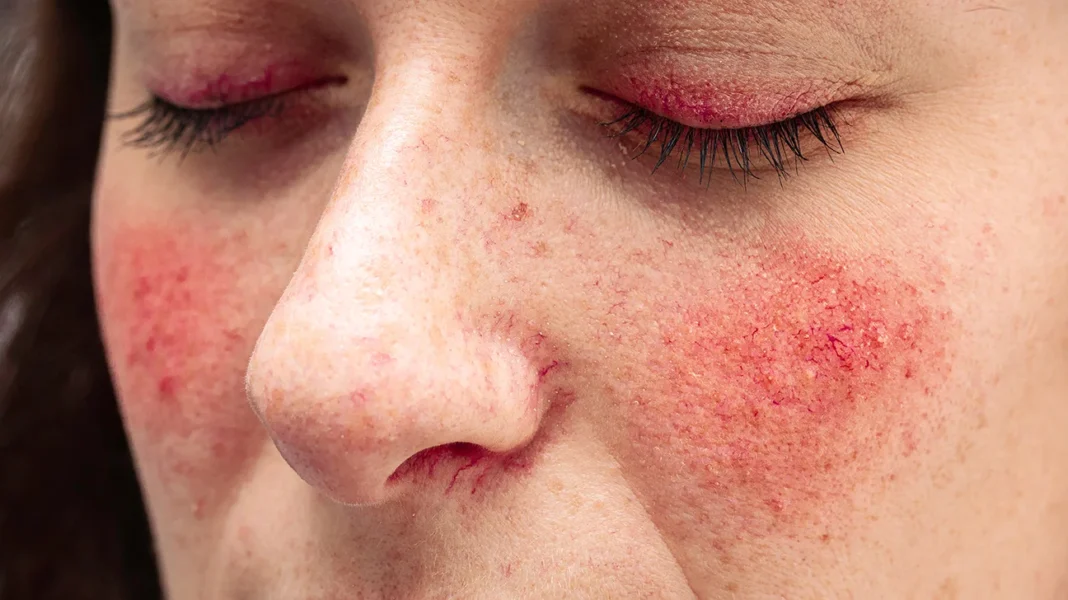Psoriasis: Understanding the Skin Condition and Treatment Options in the US
Psoriasis is an autoimmune chronic skin disease that affects many people throughout the United States. It’s characterized by rapidly growing of skin cells that causes massive, red, and scaly patches of skin. They can cause itching as well as painful. They may also break or even bleed.
Psoriasis can be a fairly frequent disorder within the US as estimates indicate that as many as 7.5 million Americans suffer from it. It may occur at any time, but it is typically diagnosed early in adulthood. Men and women alike are susceptible to developing psoriasis and it affects everyone of every race.
The cause for psoriasis isn’t understood fully however it is thought to result from a mix of both environmental and genetic causes. Certain triggers, like the stress of life, infection, medication, and the cold winter could exacerbate the symptoms.
Psoriasis has a major effect on the level of living, because it doesn’t just affect the appearance of one’s skin, but it also triggers anxiety and stigmatization in the social realm. Apart from the visible manifestations, a few people suffering from Psoriasis might also be suffering from arthritis and joint pain, also known as psoriatic arthritis.
Psoriasis treatment within the United States typically involves a multidisciplinary approach with dermatologists being a major factor in the management of the disease. This article provides a quick review of the options that are available to treat psoriasis in US:
- Topical Treatments They’re applied directly on the skin. They are often applied to treat mild to moderate Psoriasis that is mild to moderate. They contain corticosteroids, Vitamin D analogs and retinoids salicylic acid and moisturizing agents. The topical treatment can minimize inflammation, reduce swelling and relieve the symptoms.
- Phototherapy It involves exposure of the skin affected to certain wavelengths of ultraviolet light. Phototherapy is possible in the office of a dermatologist with UVB and PUVA (psoralen with UVA) light sources, or at the home, using a unit for phototherapy recommended by a medical specialist.
- Systemic Medications for moderate or severe psoriasis that is not been treated with other methods Oral or injectable medicines could be recommended. The medications that are prescribed for systemic use include methotrexate and retinoids as well as Apremilast, and cyclosporine. They target the immune system in order to decrease inflammation, and also slow down excess skin cell growth.
- Biologic Drugs Biologics are the newest category of medication that is designed to focus on the certain parts that are immune systems implicated in the autoimmune condition psoriasis. They’re usually administered through an injection, or infusion intravenously. They can be extremely effective in treating moderate to severe psoriasis as well as psoriatic arthritis. Some examples of biologics that are used to treat Psoriasis are etanercept, adalimum and infliximab. They also include ustekinumab and secukinumab.
- New Treatments for Psoriasis: Continuous research and development have resulted in the development of several new treatment options for psoriasis over the last few years. This includes small-molecule inhibitors Janus kinase (JAK) inhibitors, as well as IL-17 as well as IL-23 inhibitors. They also offer other alternatives for patients who might not be able to respond well to conventional treatments.
It is important to remember that treatment programs will be designed to meet the person’s particular needs. Different methods can be combined or modified as time passes. For those suffering from the condition to see an expert in healthcare for example, dermatologists, in order to identify the best treatment option depending on the severity of their condition the symptoms they experience, as well as their general state of health.

